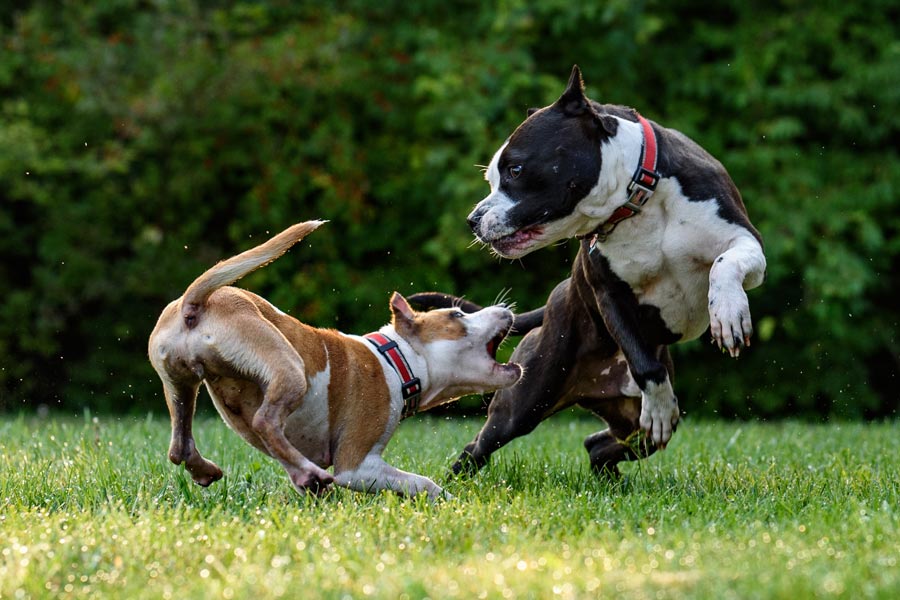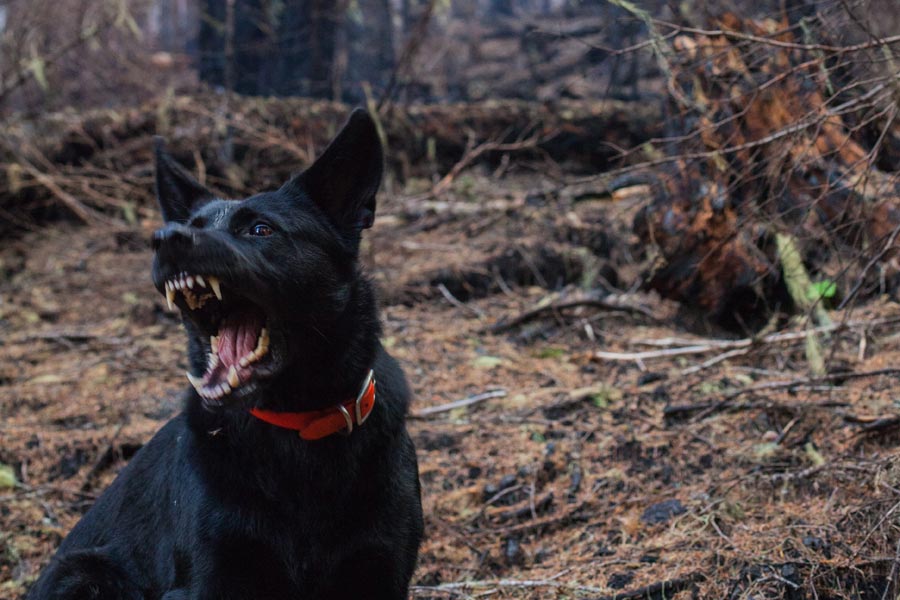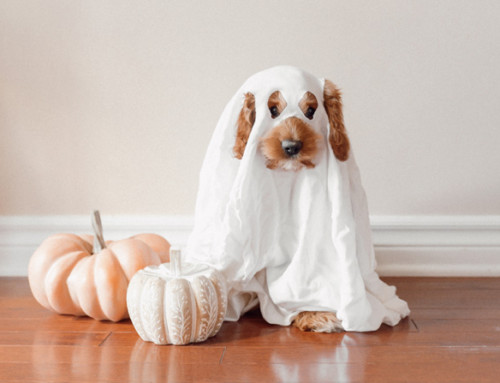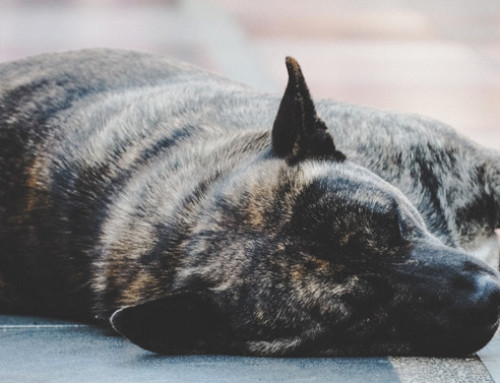Ever considered what action you would take if your dog bites another dog or human? Even a placid pooch can get snappy, so it pays to know what to do in such instances.
It’s one of those situations dog owners dread and think could never happen to them, but unfortunately its important for responsible pet parents to know what to do should their dog bite another person or animal.
Even the most well behaved dog can have a bad day. However, some dogs carry a greater risk of aggression due to their personality, background, breed and size. Certainly, part of being a responsible dog owner means knowing your pet, training them well and minimising (or ideally avoiding) potentially negative situations.
Indeed, before contemplating what to do if you dog bites it’s important to consider reducing the risk factors. This means avoiding situations that you know stress your dog out. Likewise, you must protect others from your dog with a muzzle or lead if you deem it necessary.
Here are a few different scenarios and what to do in each circumstance.
When your dog bites a member of your family
Firstly, ensure the safety and health of those in the immediate area. Remove the animal and secure them while you deal with the bite. Give immediate first aid at the scene and call for additional medical assistance if necessary.
Next, assess the situation and understand what happened and how you might prevent it from occurring again. Even the most placid dog can bite or become aggressive when extremely stressed. Without a doubt, identifying those stressors is incredibly important when it comes to managing a dog’s behaviour. These factors may include noise, a large amount of people, small children who don’t know how to pet a dog without pulling fur or a perceived threat like someone being too close to their food.
Nonetheless, if you can minimise the stressors and appropriately train out problem behaviours through positive reinforcement methods it will greatly reduce the likelihood of your dog having another ‘incident’.
While you may be very shocked and hurt emotionally that your dog has lashed out, never respond with physical punishment or aggression. This will increase your dog’s stress, and may cause them to continue to lash out or erode the trust between dog and owner. Dogs, just like people, can become tense and anxious—teach them to manage these feelings and gently get them used to their triggers and you will have a happier and more peaceful animal.
Image source: Nick Bolton on Unsplash
When your dog bites a stranger
The priorities immediately following a bite remain the same in any situation, secure the animal and the health of the victim. A stranger is unlikely to be forgiving, especially in the midst of the immediate shock. Whether the stranger was partly at fault or not you will need to exchange details and offer to pay for the medical treatment of the victim.
Next steps will depend on the situation and the seriousness of the injury. You may need to abide by local regulations and take appropriate steps to ensure that your dog does not pose a risk to anyone again. This could include behavioural re-training and steps like muzzling or not allowing your dog off the lead in public places. There may be legal consequences, so seek advice should it become necessary.
When your dog bites another dog
Like people, sometimes dogs just don’t get along and end up fighting or displaying other forms of aggression towards each other—such as biting. In this instance, apply the same steps you would if a person were injured. Secure the dog and ensure the safety of people nearby, without putting yourself at undue risk. Exchange details with the other dog owner, seek appropriate medical treatment for your animal and discuss the situation rationally when you’ve all cooled down.
Hopefully you can make appropriate arrangements for the division of medical costs if it is necessary. Be aware that there may be laws, which may take some of the decision making out of your hands and which you should get advice on.
A word to the wise!
Some dogs have behavioural problems or aggression issues that an owner may find difficult to handle. In this instance it’s wise to seek the assistance of a professional or find a new owner who is better capable of managing your dog. Your vet or local dog rescue shelter can assist you with this process.
In the most extreme cases, where it is deemed that the dog poses a high risk to the community, there may be no other option but to euthanise. If your dog has harmed other people or animals outside your family they may not be as forgiving as you and may seek this option.
Hopefully you’ll never find yourself in this situation, but being informed means that you can make the best outcome of a bad situation.








Leave A Comment